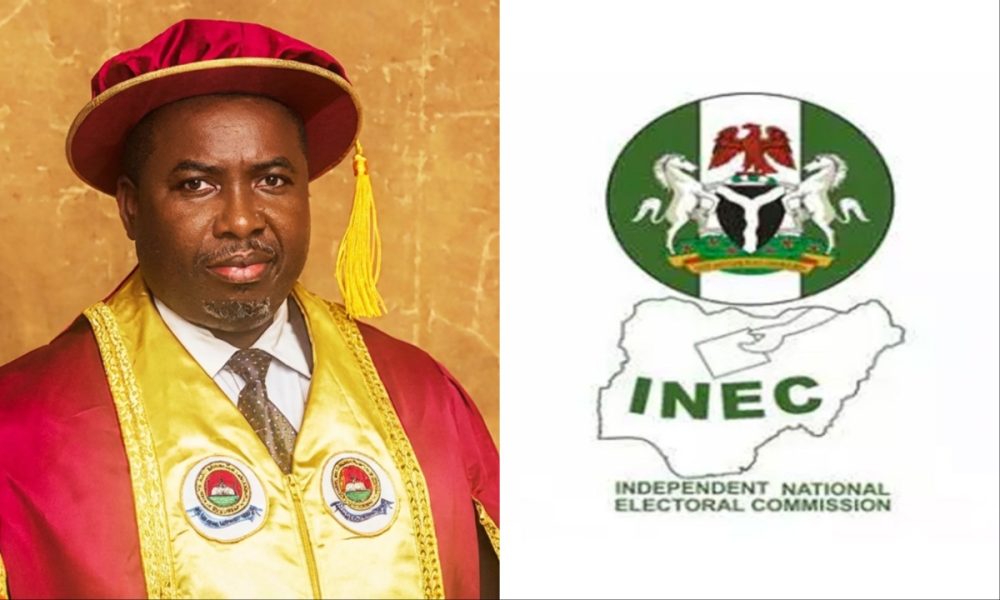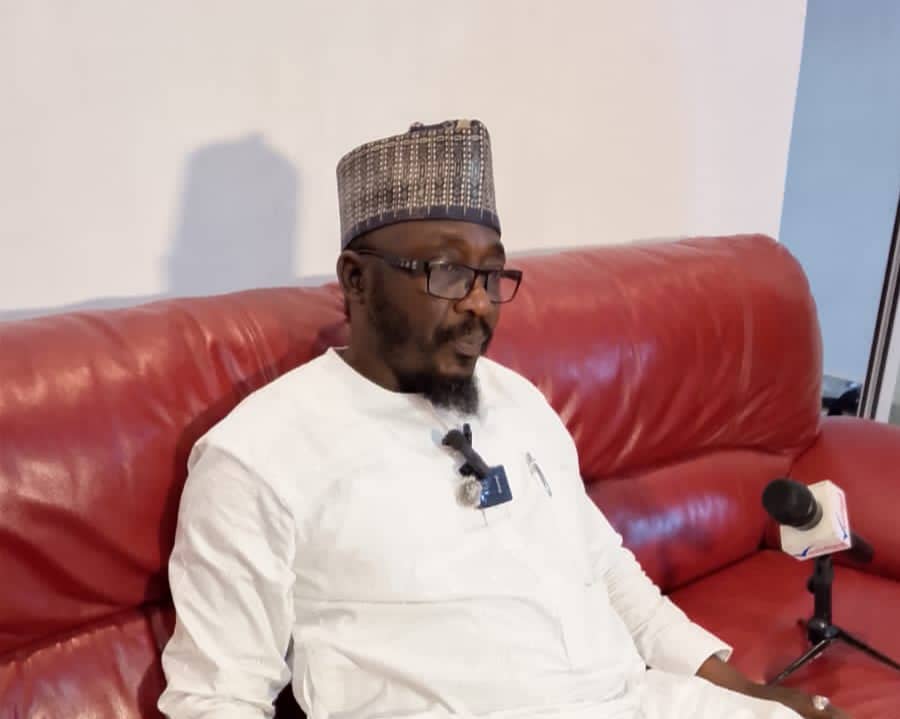In an era where digital misinformation often overshadows genuine development, it is unfortunate but not surprising, that those unsettled by real progress resort to baseless propaganda. Such is the case with the recent unfounded allegations targeting the leadership of Dr. Muhammad Yusha’u Gwaram, Provost of the Federal College of Agricultural Produce Technology (FCAPT), Kano.
Since assuming office in 2020, Dr. Gwaram has steered the college through a period of remarkable transformation academically, structurally, and administratively. The spurious claims circulating online ranging from unauthorized property auctions to nepotism and extortion are not only false but clearly engineered by those threatened by his success. Most of these accusations have been peddled by unverified platforms posing as credible news outlets, engaging in what can best be described as digital sabotage.
Contrary to the false narratives, Dr. Gwaram’s tenure has delivered measurable progress. From 2020 to 2025, the college attained full accreditations for all existing programmes while introducing several new ones at both the National Diploma (ND) and Higher National Diploma (HND) levels. These include Crop Production Technology, Nutrition and Dietetics, Software and Web Development, and Cooperative Economics, among other programmes aligned with national needs and the evolving dynamics of Nigeria’s agricultural sector.
Related:
Provost Gwaram Unveils FCAPT Progress, Seeks Urgent Completion of Bunkure Campus
Infrastructure development has also seen unprecedented advancement. Decaying classrooms, laboratories, and hostels have been rehabilitated or completely overhauled. FCAPT now enjoys uninterrupted 24-hour water supply, powered by solar energy, and essential buildings such as the provost’s office, college library, and clinic now operate on clean energy solutions. The recent procurement and installation of a 33KVA transformer entirely financed through the college’s internally generated revenue demonstrates both accountability and efficient financial management.
In line with the Agricultural Research Council of Nigeria (ARCN) Act, the College successfully established a commercial arm that produces and packages agricultural goods under the FCAPT brand. Products such as FCAPT Tomato Paste and FCAPT Quick Meal have already received NAFDAC approval, underscoring the college’s commitment to practical innovation and enterprise.
Community outreach has also remained a core pillar of the institution’s mandate. Over 1,400 women and youth from across Nigeria’s six geopolitical zones have received training in food processing, post-harvest technology, and agribusiness skills, equipping them with tools to become economically self-reliant.
Furthermore, FCAPT has deepened its engagement with development partners such as GIZ, UNESCO, NBTE, Indorama, and Self-Help Africa. These collaborations have enabled student participation in national and international agricultural exhibitions and helped showcase FCAPT’s growing portfolio of research and innovation.
Read Also:
PTDF Shortlists 5,747 for 2025 Overseas Scholarship Interviews
Perhaps one of the most underappreciated achievements under Dr. Gwaram’s leadership is the prioritization of staff development and welfare. Within five years, the college has produced 13 PhD holders and 33 MSc graduates among its academic staff, significantly boosting research capacity and institutional credibility. Promotions are granted as due, and staff continue to benefit from welfare packages and training opportunities.
What is unfolding today is not the failure of leadership but rather, the pushback from detractors unsettled by visible progress. The false accusations being amplified in certain corners of the internet are nothing more than deliberate attempts to smear the legacy of a leader who has elevated FCAPT into a national model of excellence in agricultural education.
Dr. Muhammad Yusha’u Gwaram’s leadership is anchored in vision, transparency, and inclusive service. His administration has brought FCAPT into national relevance, supporting President Bola Ahmed Tinubu’s Renewed Hope Agenda, especially in the areas of food security, youth empowerment, and agricultural innovation.
Rather than be distracted by unsubstantiated claims, the public should focus on the real and tangible results that continue to shape the lives of students, staff, and surrounding communities.
Umar Idris Shuaibu is a digital journalist and writes from Kano.










